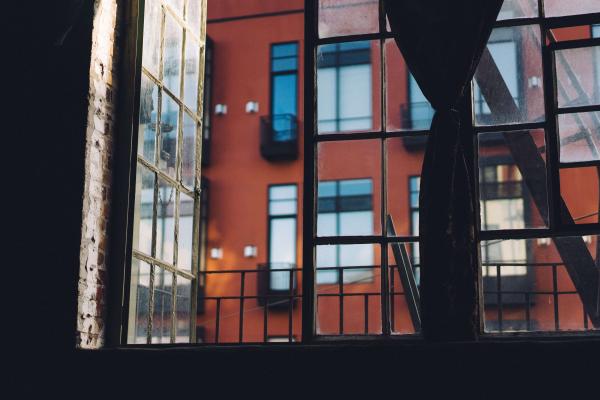Jun 22, 2020
Karen decided to leave monastic life. She found a rent-free cabin a few hours away in Colt Run Holler, W.Va. She moved in with just $100 and an old Ford Bronco. Alone in the woods, she became a hermit.
Read the Full Article

Already a subscriber? Login
